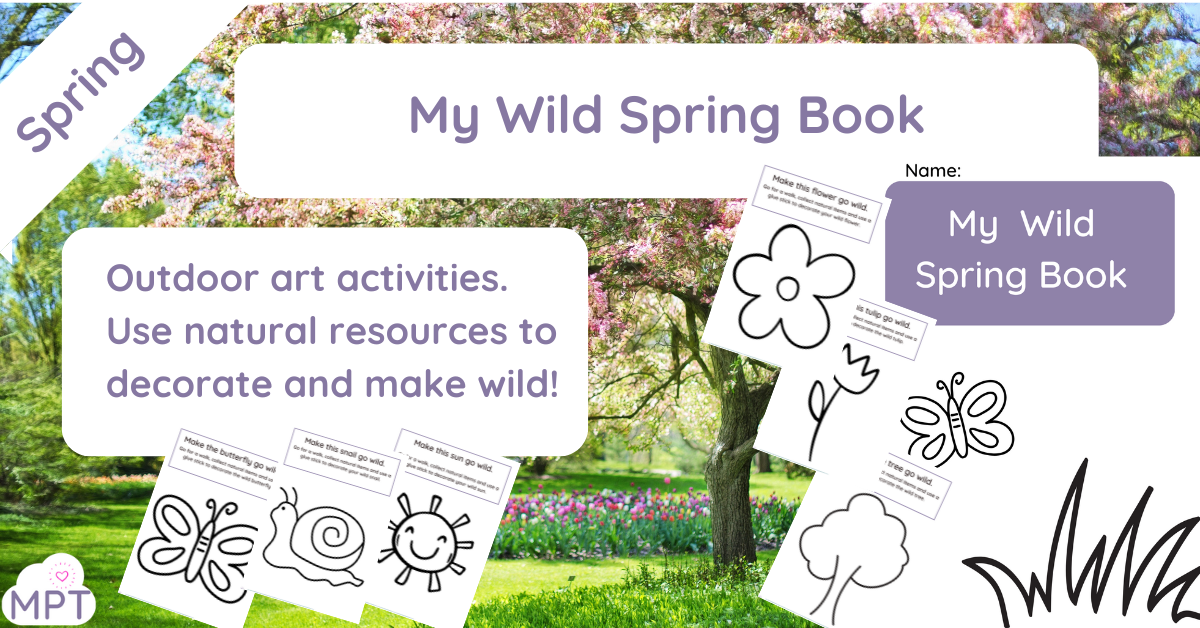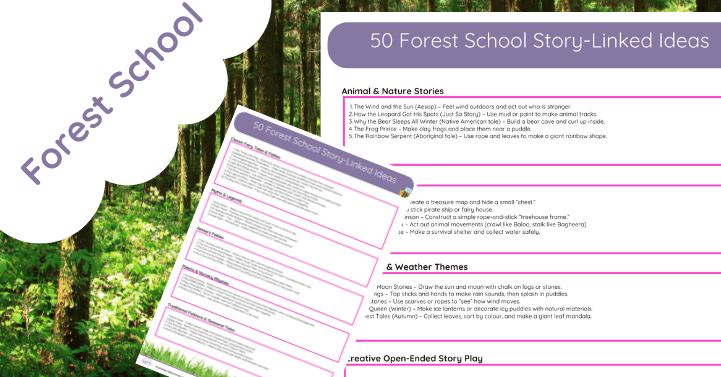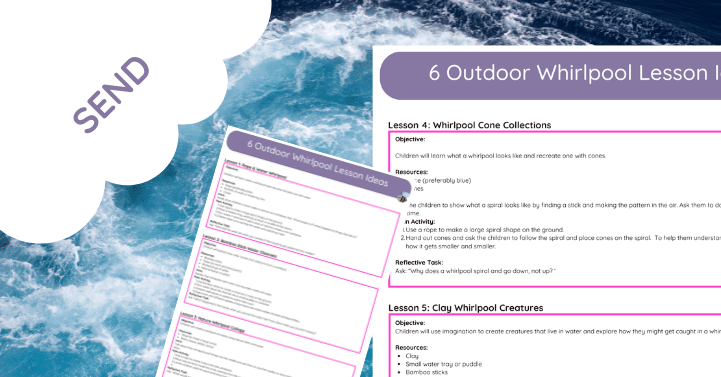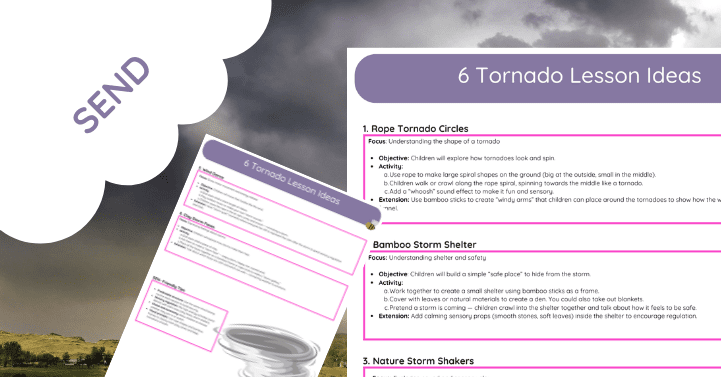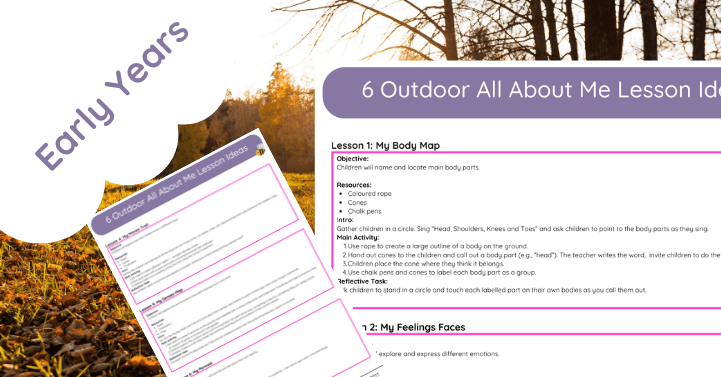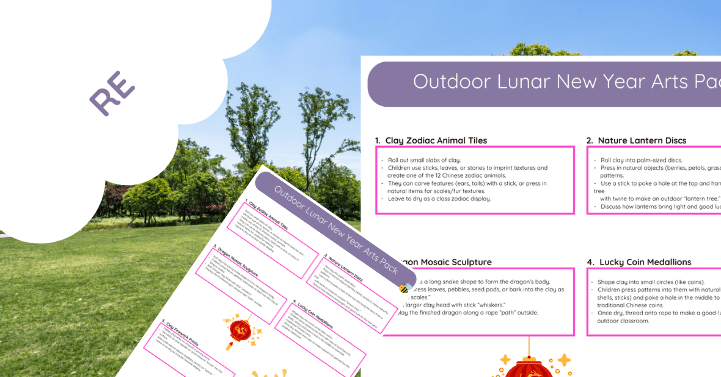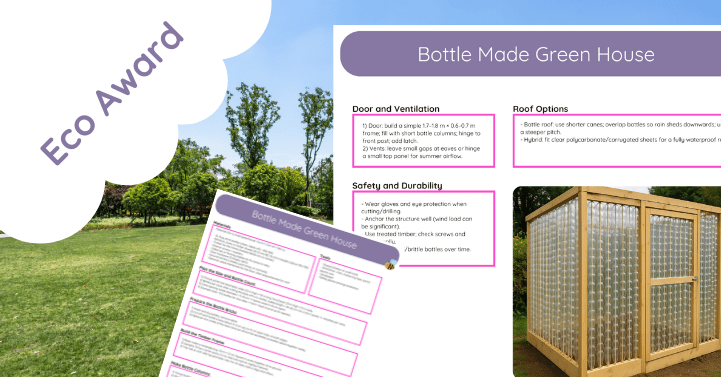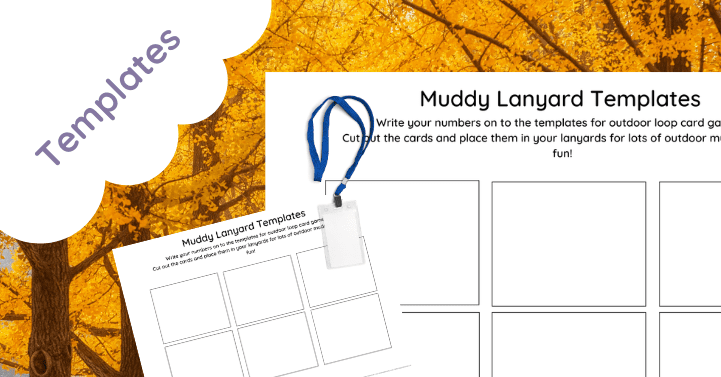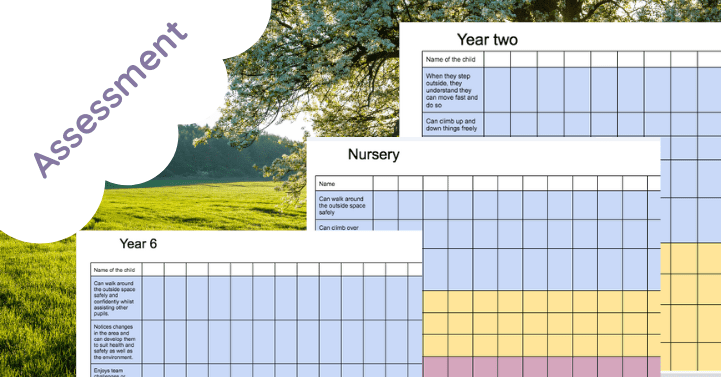What does this resource include?
- 6 x Art Activities using natural materials, completed outdoors.
- 1 x Book per child
How can I use this resource?
Use My Wild Spring Book to take art activities outside using natural and sustainable resources. Connect children back with nature.
What are the curriculum links?
- English/Literacy
- Physical Development
- Science and natural world
What other resources are like this?
What is Forest School?
Forest School is a holistic approach that helps children develop their confidence and self-esteem by using the outdoors, nature, high-risk tools, and fire to bring out their courage and independence. Forest Schools originally came from Scandinavia, where children play doing forest school activities until they 7. They do not start formal education and indoor lessons until this age.
Forest School Activities
These are some forest school activities typically done within the sessions:
- Making fire
- Cooking food on a fire
- Roasting marshmallows
- Felling trees
- Whittling wood
- Making natural arts and crafts
- Using clay and natural resources
- Observing nature
- Using mallets and saws
- Clipping and cutting nature
Do you want to train in outdoor learning? Take this QUIZ to find out which course is best suited for you.
Outdoor learning teacher training
Come and join us:
How can MPT help Neurodivergent children?
The Muddy Puddle Teacher is the new way to learn outdoors, but how does it help neurodivergent children?
Well, look at it this way. State schools, in particular, are tackling many issues regarding making their classrooms more inclusive due to time, lack of training, class sizes, money and resources. So they think….but actually there is a tiny little, cheap and affordable way we could be more inclusive: by simply teaching more lessons in active ways, outdoors.
The outdoors only promotes active, open-ended learning opportunities due to the nature of the space and the added value of weather. This is a perfect platform for those children who are neurodivergent and flourish in active and creative lesson formats. Moving makes us all feel good; again, this is beneficial not only for your neurodivergent children but also for all children.
Furthermore, outdoor space also adds an element of space and freedom to explore, which can be very reassuring, calming, and relaxing for many children who feel comfortable learning. Plus, the sensory benefits of outdoor space are compelling for children who need to self-regulate or are over- or under-sensitive.
If you want to learn more about making your classroom more inclusive for SEND, please splash this way.


